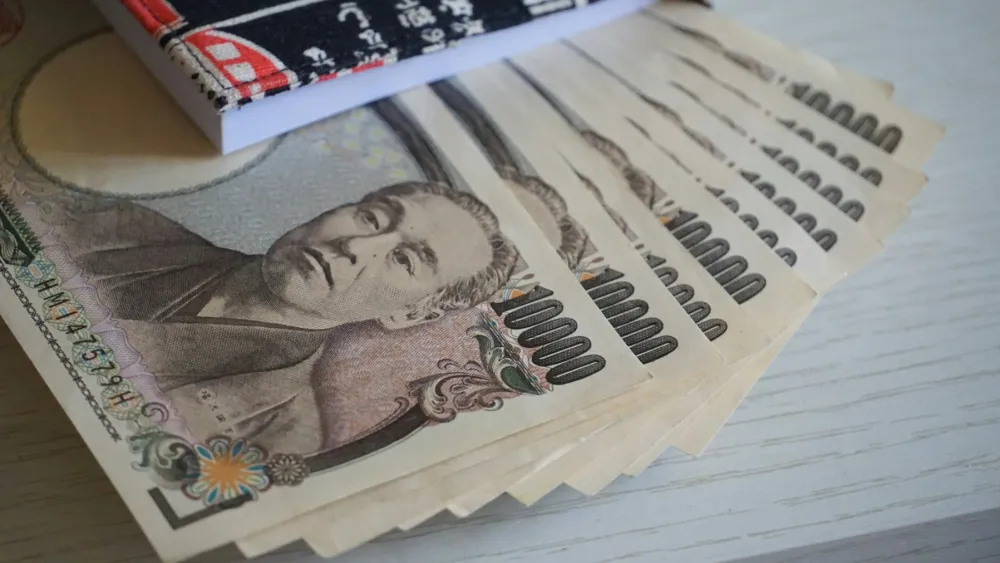
Big Indonesian banks to weather FX, commodity risks: Fitch
Credit profiles are "sufficiently resilient".
Fitch Ratings believes the credit profiles of most of the nine Indonesian banks rated by Fitch on the international scale will be sufficiently resilient to withstand rising pressures on the rupiah; weakening commodity prices; NPLs; and a challenging operating environment; supported by their strong profitability and capitalisation.
Pressure would be greater on medium-sized banks with larger mining and foreign-currency loan exposure, but their buffers remain generally adequate, and - in some cases - with firm backing from highly rated foreign parents.
Here's more from Fitch Ratings:
The foreign-currency loan portion has declined to 16.7% by end-May 2015 compared to above 30% around the Asian financial crisis in 1997-1998. More recent decline is due to growing caution amid the weakening of the Indonesian rupiah, and softer demand for foreign-currency loans caused by a major drop in the prices of Indonesia's major export commodities such as coal and palm oil. However, the non-bank private-sector external debt has increased gradually in the past five years to around 16% of GDP at end-2014, which could be a source of risk particularly during increased currency weakness and lower commodity prices.
The weakening position of the mining and commodity sectors has contributed to deteriorating asset quality for the banking sector as a whole, with the system NPL ratio rising to 2.6% by end-May 2015 from the low point of 1.8% at end-2013. Risks may also emerge from the supporting downstream industry related to mining and commodities. In response, the banks have taken measures to identify vulnerable borrowers, have stepped up monitoring, and explored restructuring solutions for viable businesses.
Fitch expects the loss-absorption cushions of the nine major Indonesian banks to remain sufficient even if the environment were to weaken significantly. Based on Fitch's stress test, the banks' average "stressed" annual pre-provision profit (PPOP) of around 4.5% of average total loans remains above the average "stressed" credit cost of around 3.9% of average total loans. This was notably higher than actual credit costs of 1.4% in 2014 and 2.1% in 1H15. The outcome of Fitch's stress test is broadly captured in the banks' Viability Ratings (VRs), which reflect their varying vulnerabilities and resilience on a standalone basis through credit cycles.
Capital-impairment risk is therefore likely to be low for most major Indonesian banks in a stress environment. Many of the large lenders could also rely on their high core capital buffers in the event of outsized asset-quality shocks. The system Tier 1 capital adequacy ratio is around 18%, and the Tier 1 capital in this ratio is made up entirely of common equity. Many major foreign-owned banks tend to have lower core capital buffers than that, but Fitch believes they are likely to benefit from extraordinary support from their highly rated parent banks.



















 Advertise
Advertise










